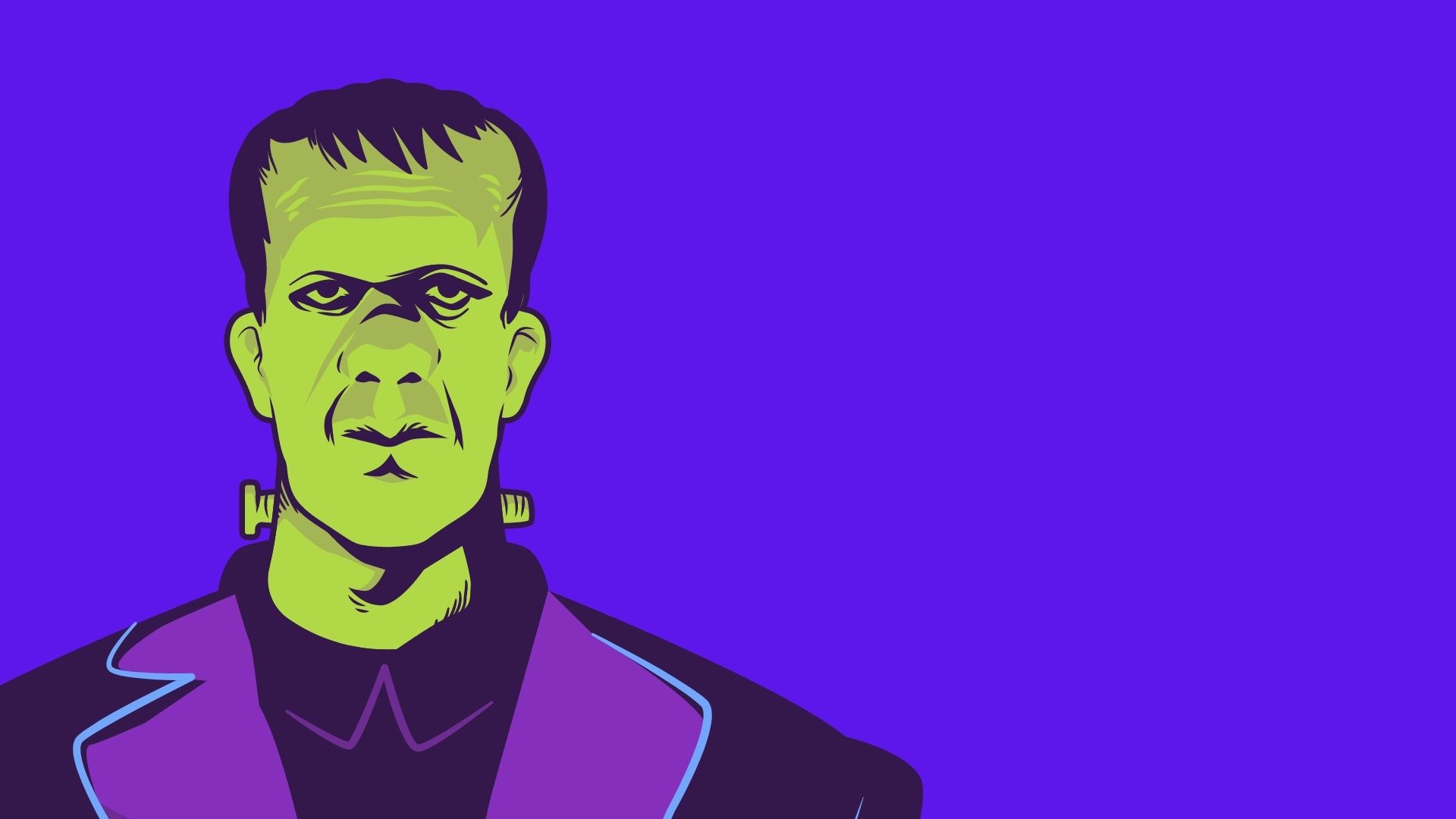
FAQ About Frankenstein

What moral and ethical dilemmas does Frankenstein explore?
Frankenstein explores several moral and ethical dilemmas, which remain highly relevant to contemporary discussions on science, technology, and human responsibility. Some of the key dilemmas the novel delves into are:
- Playing God: The central dilemma in Frankenstein is Victor Frankenstein's act of creating life from non-living matter. His scientific ambition leads him to play the role of a "God" by bringing the Creature to life. The novel raises questions about the limits of human knowledge and whether it is ethical for individuals to tamper with the natural order of life and death.
- Responsibility to Creation: Victor Frankenstein abandons the Creature immediately after its creation, failing to take responsibility for his creation's well-being and development. The novel explores the moral obligations of creators to their creations and the consequences of neglecting this responsibility.
- Parental Responsibility: Victor's role as a "parent" to the Creature raises questions about parental responsibility and the impact of neglect and rejection on a child's development. The Creature's violent actions are partially a result of the lack of guidance and nurturing it receives.
- Nature vs. Nurture: The novel also explores the age-old debate of nature versus nurture. The Creature's actions raise questions about whether it is inherently evil or if its violent tendencies are a result of the rejection and mistreatment it faces from society.
- Ethics of Scientific Discovery: Frankenstein raises ethical questions about the pursuit of scientific knowledge and the potential consequences of unregulated scientific experimentation. It warns against the dangers of pursuing knowledge without considering the ethical implications of one's actions.
- Acceptance and Prejudice: The Creature's experiences with rejection and prejudice from society reflect broader themes of acceptance and the treatment of individuals who are perceived as different. The novel critiques the tendency to judge based on appearances and the importance of empathy and compassion.
- Guilt and Remorse: Victor Frankenstein's guilt and remorse over creating the Creature highlight the psychological consequences of unethical actions and the importance of taking responsibility for one's choices.
- Personal Accountability: The novel explores the theme of personal accountability for one's actions. Victor Frankenstein's refusal to take responsibility for the consequences of his creation leads to tragedy for himself and those around him.
